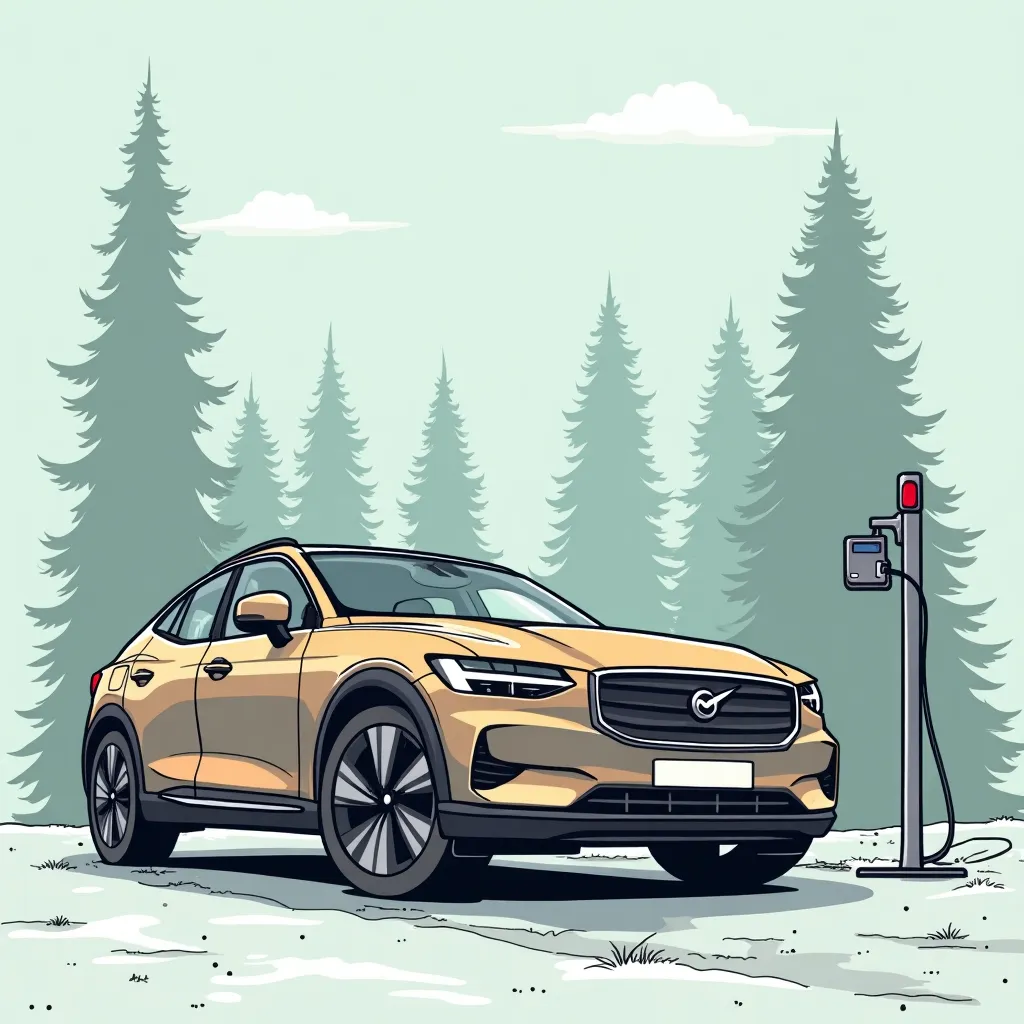Europe’s Automotive Giants Face Uncertainty Amid Stricter Emission Targets
As the European Union prepares to implement stricter emission targets next year, the continent’s top car manufacturers are growing increasingly concerned about the potential financial penalties. The EU’s cap on average emissions from new vehicle sales will decrease by 15% to 93.6 grams of CO2 per kilometer, prompting fears of massive fines for non-compliance.
Rico Luman, senior sector economist for transport and logistics at ING, warned that the fines could amount to millions of euros based on the volume of vehicles produced. Renault CEO Luca de Meo estimated that if electric vehicle sales remain stagnant, the industry may face penalties of up to 15 billion euros or be forced to halt production of over 2.5 million vehicles.
The European Automobile Manufacturers’ Association (ACEA) expressed concerns that the industry is struggling to meet the 2025 CO2 emission reduction targets for cars and vans, citing a lack of support for the zero-emission transition. The organization, which represents major manufacturers like BMW, Ferrari, and Volkswagen, urged the EU to provide urgent relief measures before the new targets take effect.
Despite having 15 months to adapt to the new regulations, the industry faces significant challenges, including a shortage of affordable electric models, a slow rollout of charging points, and potential tariffs on EVs made in China. Several major manufacturers, including Volkswagen and Ford, have already announced plans to delay their targets for phasing out internal combustion engine vehicles in Europe.
The shift to electrification is proving to be a significant struggle for manufacturers, who are grappling with the need to restructure their organizations and compete with new players in the market. According to ING’s Luman, manufacturers are currently focused on conventional hybrids and ICE vehicles, which are more profitable in the short term.
However, not everyone agrees that the industry is facing a crisis. Campaign group Transport & Environment argues that the current situation is a transitional phase, and manufacturers can avoid large fines by selling more hybrids and fuel-efficient cars. The group suggests that carmakers have had sufficient time to plan for the new regulations and can benefit from flexibilities in the rules to lower their CO2 emissions.
As the EU continues to push for climate neutrality by 2050, the automotive industry will need to adapt quickly to meet the new emission targets. With road transport accounting for nearly 15% of total EU emissions, the stakes are high for manufacturers to make significant changes to their production lines and business models.


Leave a Reply